The views expressed in our content reflect individual perspectives and do not represent the authoritative views of the Baha'i Faith.
The other day, while saying Baha’i prayers, I unexpectedly began to cry. I don’t just mean a few tears, either – I choked up, the waterworks burst, and I felt deeply moved, my heart opening into life’s beauty.
Touched by something beyond my understanding, my emotions widening and my inner sight expanding, I wept hot tears of ecstatic joy and gratitude, so thankful for that brief, intense prayerful connection to something far past this physical existence, something deeply mystical and numinous.
RELATED: What Does it Mean to Commune With God?
Have you ever had that sort of thing happen to you? If not, I recommend it highly. It can have a powerful impact on your being, cleansing the soul and opening the doors of perception.
In “The Book of Certitude,” Baha’u’llah, the prophet and founder of the Baha’i Faith, said that this kind of rapture and ecstasy could cause “the lights of knowledge and certitude” to envelop a seeker’s being:
Only when the lamp of search, of earnest striving, of longing desire, of passionate devotion, of fervid love, of rapture, and ecstasy, is kindled within the seeker’s heart, and the breeze of His loving-kindness is wafted upon his soul, will the darkness of error be dispelled, the mists of doubts and misgivings be dissipated, and the lights of knowledge and certitude envelop his being.
Called transcendence or religious ecstasy or pure mindfulness, this phenomenon has many names and is widely known across many different traditions and spiritual disciplines. Sufi mystics call it wajd or wajad, defining it as spiritual ecstasy or bliss as a result of repeating short, repetitive utterances in the practice of zikr, or dhikr. Some Sufis, like the Mevlevi Order begun by the poet Rumi, use ecstatic, whirling dance to achieve wajad.
In the practice of yoga, originally a Hindu tradition, devotees attempt to attain samadhi, the blissful state of ecstasy associated with attaining the ultimate. In the Pali Canon of Buddhism, practitioners move through eight trance states of spiritual ecstasy called absorption, the last four of those states known as Arupa, which means formless.
Many of the Christian saints had these kinds of religious experiences, as well. Entering an altered state of consciousness, they forgot their physical beings for a short time and expanded their spiritual and mental awareness, which led to a state of euphoria and bliss.
The Baha’i teachings refer to this state of ecstasy in several different ways – as rapture in the heart, as the metaphorical wine of astonishment, as the sweet, mystic chalice we can all drink from if we wish.
I like to think of it as a greater and more pronounced connection of the human consciousness to the unknown world of the spirit. When it happens, this kind of rapturous emotion reminds me that prayer isn’t just saying the words – it involves the invocation of heartfelt feeling and the yearning of the soul.
RELATED: Learning How to Pray Every Day
This prayer from Abdu’l-Baha, the son and successor of Baha’u’llah, often gives me that feeling:
He is the All-Glorious!
O God, my God! Lowly and tearful, I raise my suppliant hands to Thee and cover my face in the dust of that Threshold of Thine, exalted above the knowledge of the learned, and the praise of all that glorify Thee. Graciously look upon Thy servant, humble and lowly at Thy door, with the glances of the eye of Thy mercy, and immerse him in the Ocean of Thine eternal grace.
Lord! He is a poor and lowly servant of Thine, enthralled and imploring Thee, captive in Thy hand, praying fervently to Thee, trusting in Thee, in tears before Thy face, calling to Thee and beseeching Thee, saying:
O Lord, my God! Give me Thy grace to serve Thy loved ones, strengthen me in my servitude to Thee, illumine my brow with the light of adoration in Thy court of holiness, and of prayer to Thy Kingdom of grandeur. Help me to be selfless at the heavenly entrance of Thy gate, and aid me to be detached from all things within Thy holy precincts. Lord! Give me to drink from the chalice of selflessness; with its robe clothe me, and in its ocean immerse me. Make me as dust in the pathway of Thy loved ones, and grant that I may offer up my soul for the earth ennobled by the footsteps of Thy chosen ones in Thy path, O Lord of Glory in the Highest.
With this prayer doth Thy servant call Thee, at dawntide and in the night-season. Fulfil his heart’s desire, O Lord! Illumine his heart, gladden his bosom, kindle his light, that he may serve Thy Cause and Thy servants.
Thou art the Bestower, the Pitiful, the Most Bountiful, the Gracious, the Merciful, the Compassionate.
If you’d like to access the part of you that yearns for such a direct connection to the spiritual world, you can accomplish it by regularly using Baha’i prayers and meditations.
You can find those Baha’i prayers and writings here.
Anyone can access, read, and use these powerful prayers – you don’t have to be a Baha’i. I commend them to you, but I will warn you: if you let them fill your soul, they can lead to heartfelt, joyful tears.


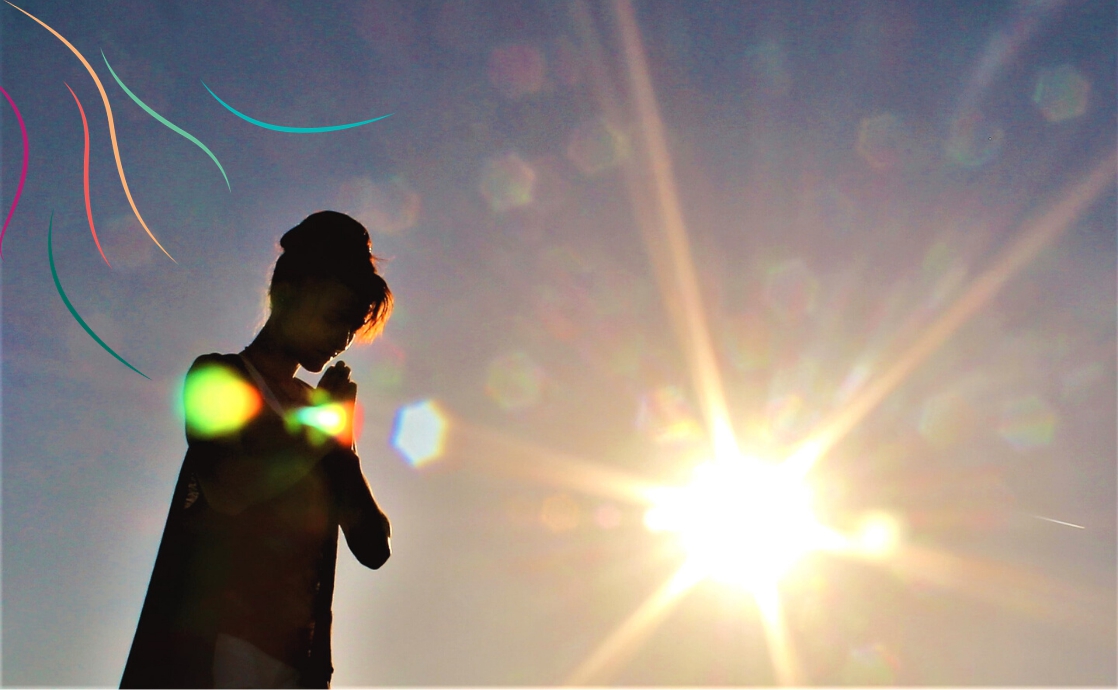

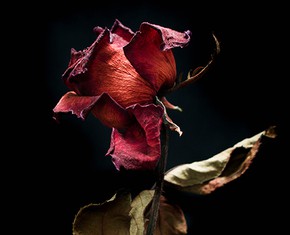






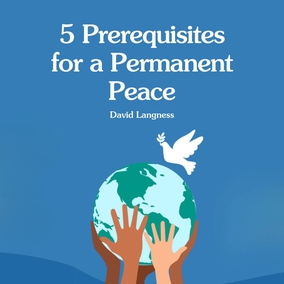
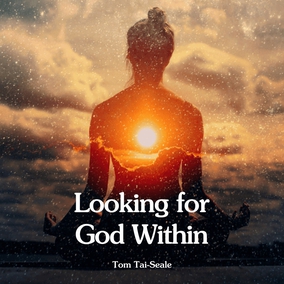
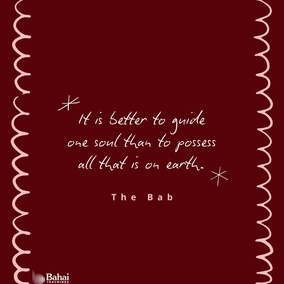
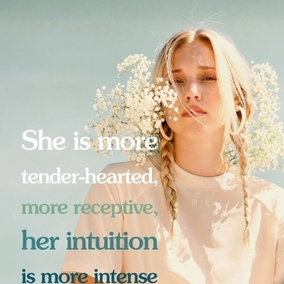

Comments
Sign in or create an account
Continue with Googleor